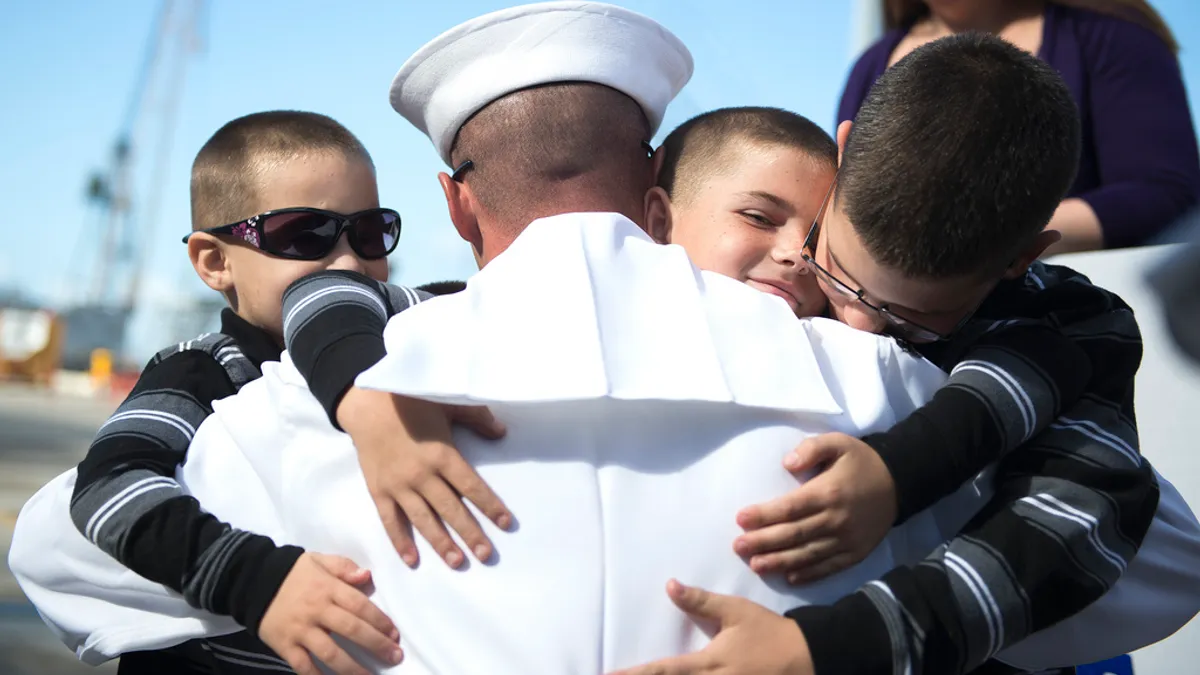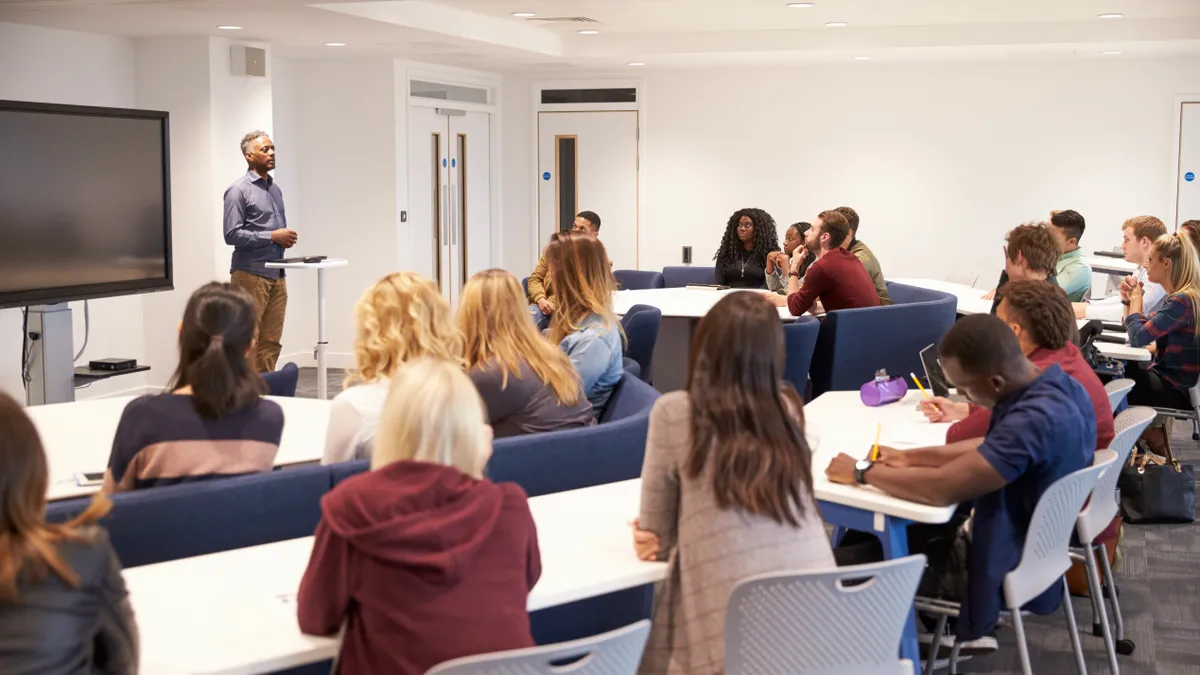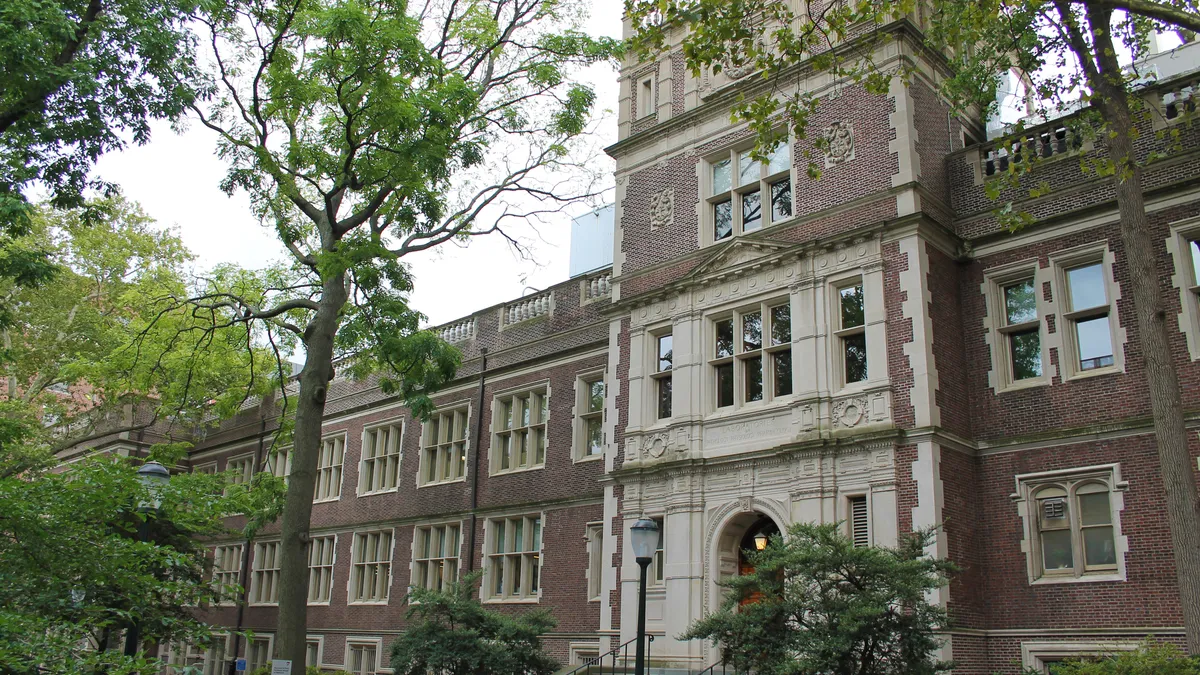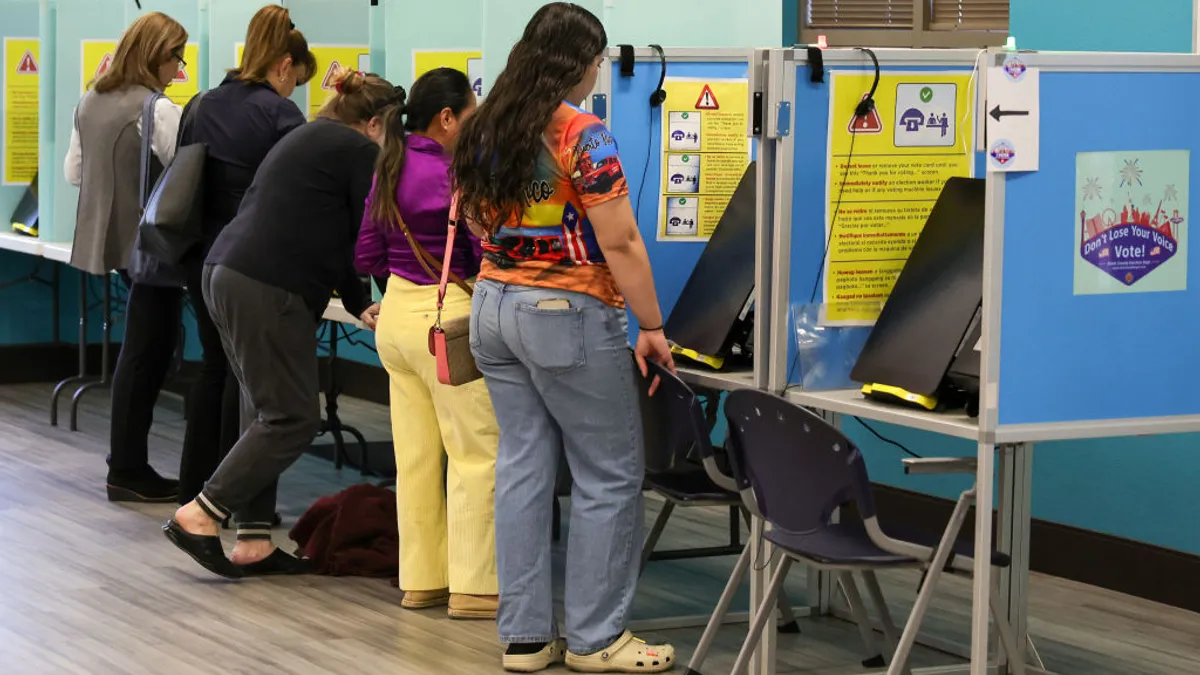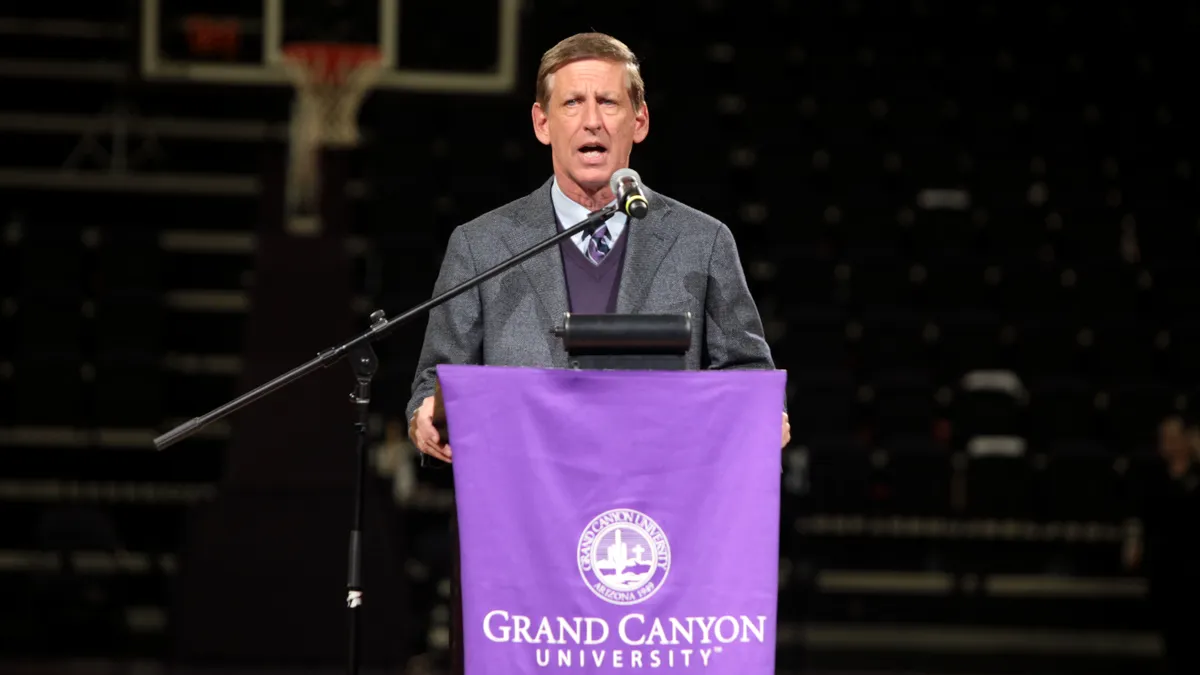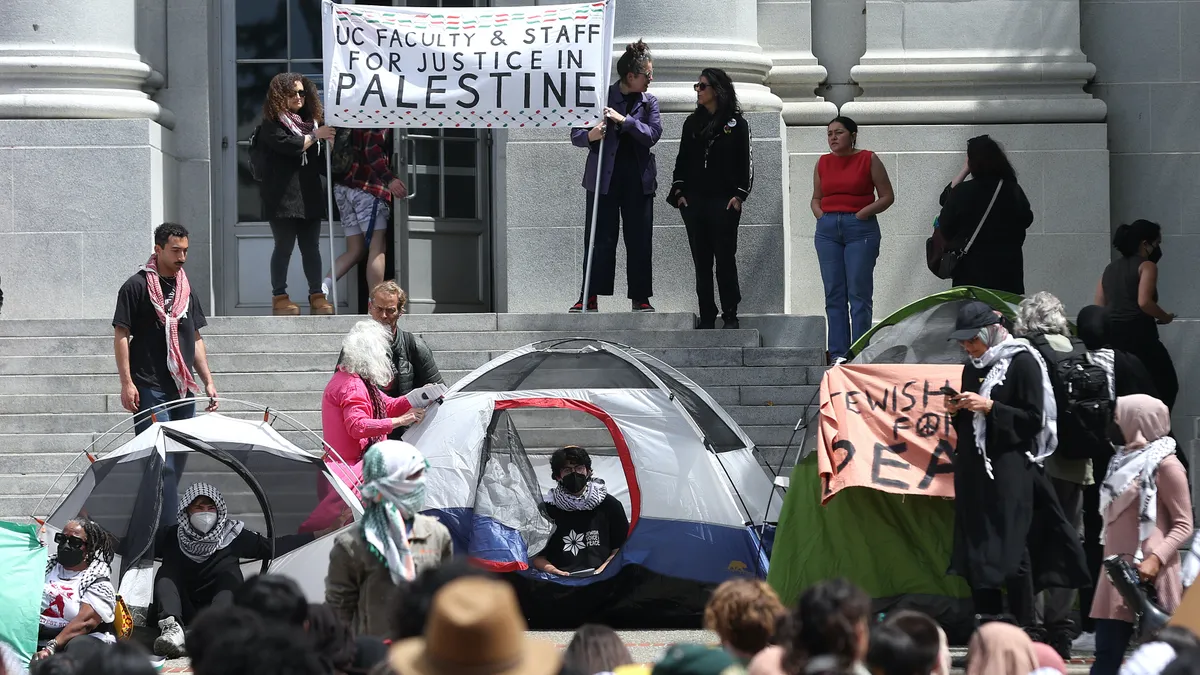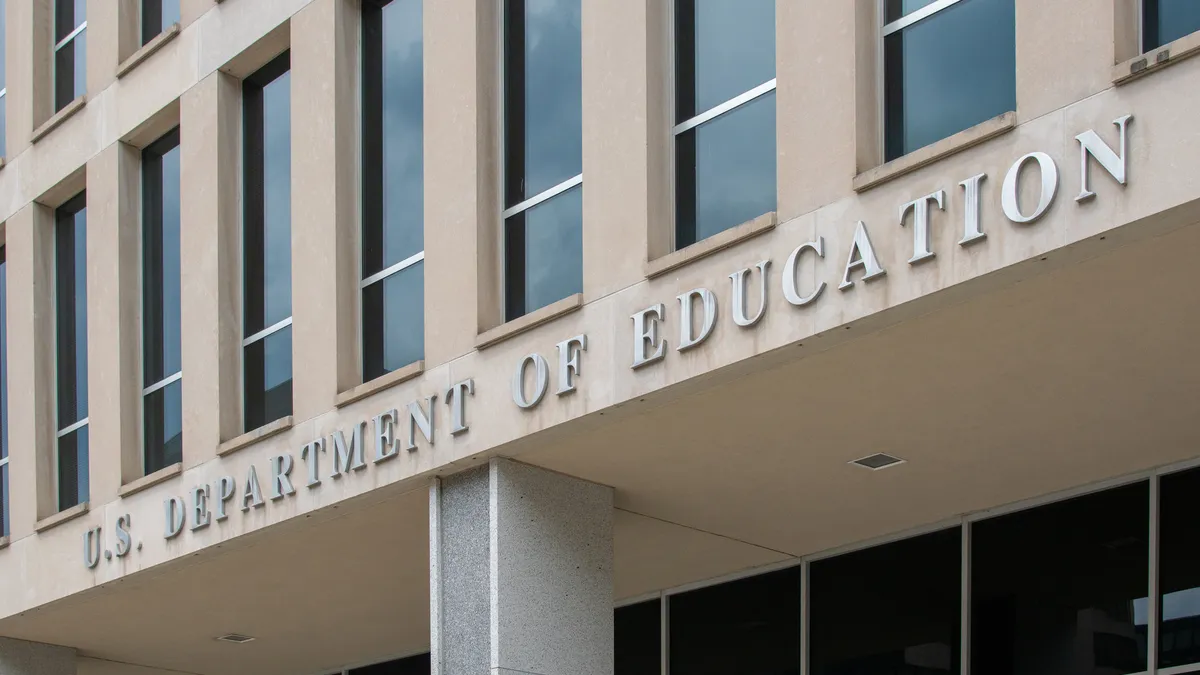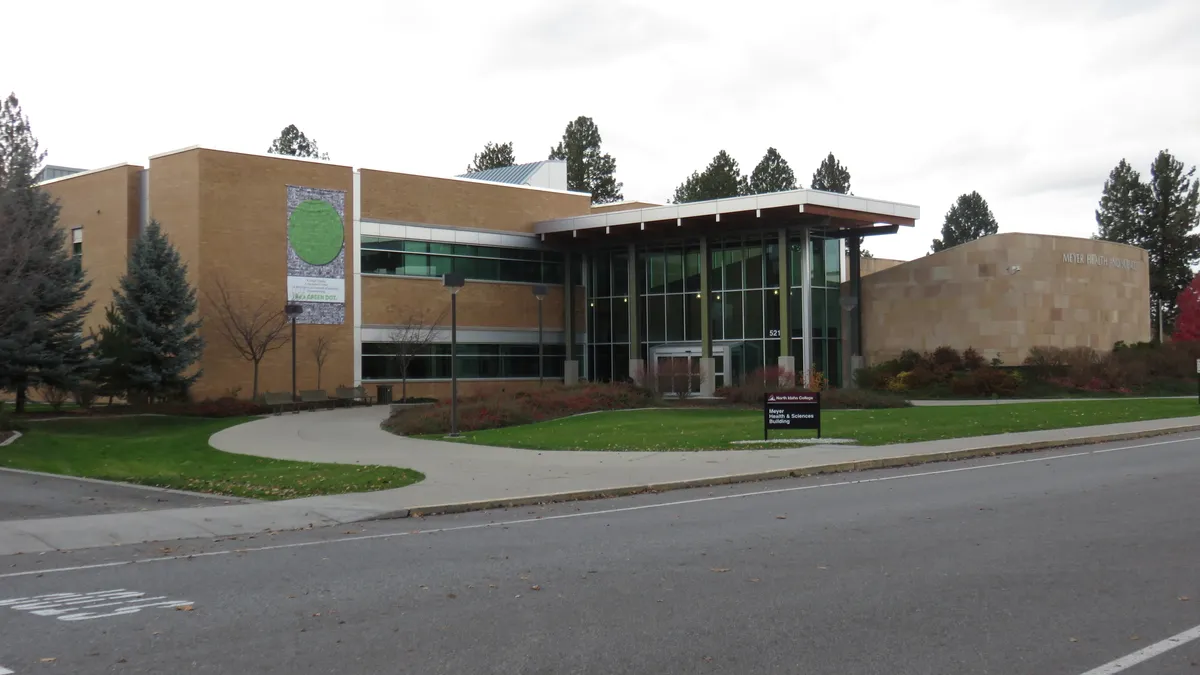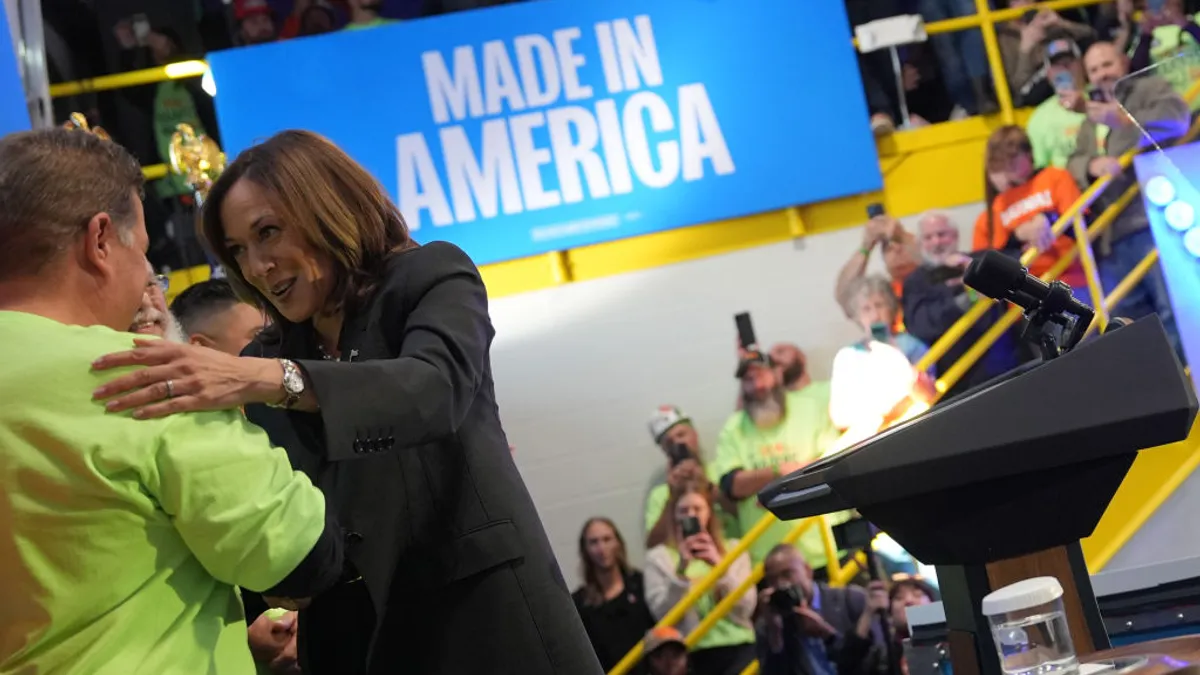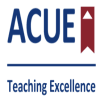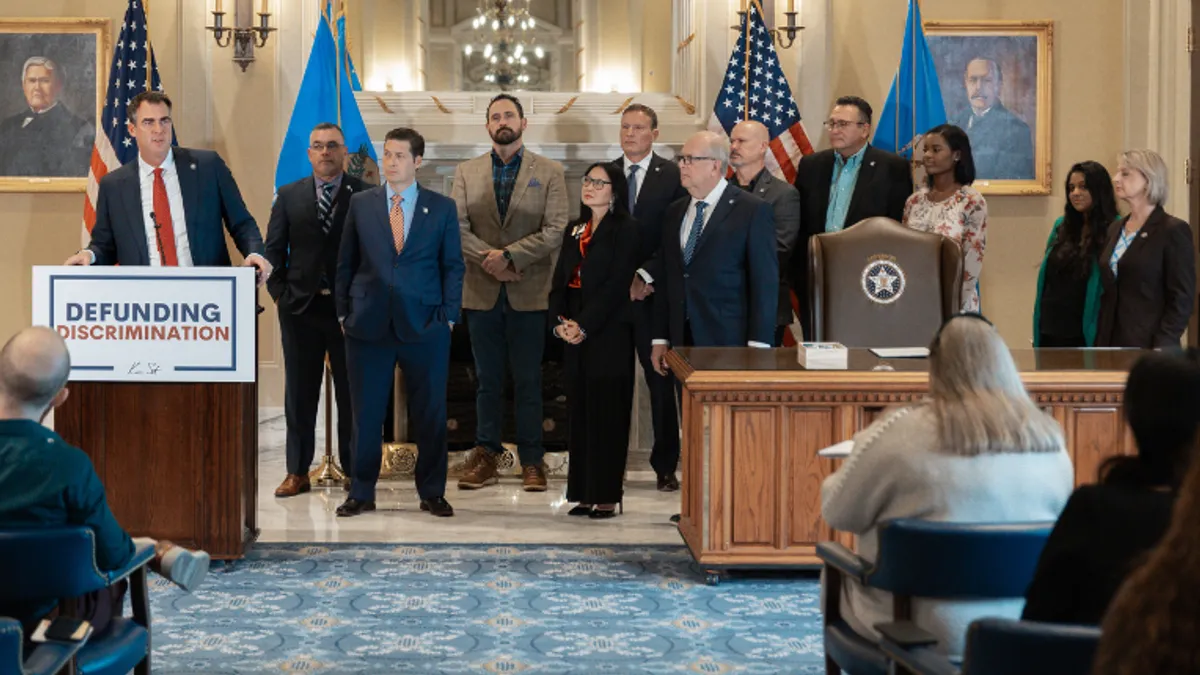When Mark Footerman was in the midst of his six-year service in the Army National Guard as a medic, he attended education fairs located on the base where he was stationed. He remembered similar fairs when he was a high school student considering his college career, with numerous booths for renowned private universities like Harvard and Columbia. However, he noted with dismay that the options at the military education fairs were much sparser, with more for-profit institutions like ITT Tech and the University of Phoenix, which have undergone heavy criticism due to their marketing practices to veterans.
Footerman believes that by not exposing servicemen and women to top-tier colleges and universities, "you're setting these people up for failure."
"Why aren't these [more renowned] schools going to Dover Air Force Base," he asked.
Footerman, who graduated from the University of Delaware this past May and was president of the school's chapter of Student Veterans of America, said colleges and universities could better assist veterans by shifting how they approach their admissions policies and better understanding the complexity and diversity of the veteran population. It's something Footerman worked to improve in partnership with University of Delaware faculty during his enrollment.
“There needs to be a fundamental shift in the idea of veterans as either broken from combat or they’re this hero who marched into battle and defended the lives of soldiers around him, and came home as a war hero ... we get put in these two categories, and less than 20% of us fire a bullet in combat,” he said, noting the range of professional experiences veterans have during their times of service. “When they have this cultural perception and incorporate them into two groups, they start applying this perception to how they operate.”
Numerous institutions are operating programs and offices intended to support veterans on campus, with a steady increase in veteran student offices and coordinators on college campuses in recent years. For example, in November of last year, the University of Southern California opened a military family clinic to offer veterans and families mental health services. The University of Georgia formed the Persistent Coaching Program in 2015, which helps veterans transition into UGA life and the workplace or graduate school post-graduation.
Colleges and universities have more impetus to reconsider their admission and recruiting policies for veterans due to the recent passage of the Forever GI Bill, which was signed into law this past August. The bill would allow veterans who completed their service after a certain point to use their educational benefits at any point in the future, instead of within a 15-year time limit. All Purple Heart recipients also now receive full benefits, and the bill also restored benefits for students whose schools shut down during a semester, which is especially important for veterans who enrolled in institutions like ITT Tech, which closed last year.
More than one million student veterans used the Post 9/11 GI Bill, which was passed in 2009, to attain educational benefits, and it is likely that more will take advantage of the new legislation. More than five million post-9/11 veterans will likely be transferring out of active duty service by 2020, according to the American Council on Education, and many of them will seek opportunities in higher education.
Lauren Runco, the director of Education and Employment at the Purdue University Military Family Research Institute and the Chair of the NASPA Veterans Knowledge Community, said, “In terms of higher education, we’ll see students who may be further separated from their high school education."
“As the ‘Forever’ GI Bill rolls out, and you have folks who can now use their benefits forever, it’s about making sure even more of this academic advising is happening from the beginning and making sure that admissions counselors understand what these students’ hopes and dreams are so they can advise them properly,” she continued.
Runco also said that colleges and universities can find success through "advocate marketing," with student veterans who have a positive experience at a particular school offering positive word-of-mouth about that school to other veterans. Additionally, colleges and universities which do not allocate a significant amount of digital marketing resources, or are not located near an active duty installation, should forge relationships with community resources like the local VA and American Legion chapters. She said four-year universities should also work with local community colleges, as veterans may be paying out-of-pocket on general education courses to hold onto the their educational benefits for later courses.
Footerman said schools' approach to veterans could benefit from an overhaul and coordinated with administration to make improvements. During the admissions process, Footerman and other veterans would contact veterans who had self-identified on application forms, and a veteran enrolled in the university would send a welcome letter in addition to the school’s official acceptance letter.
“What we’re doing is we’re making first contact before they even step on campus,” he said “That’s important because vets feel a lot of camaraderie in the service, and when they leave they may lose that camaraderie.”
With this and other changes, the University of Delaware began to enroll veterans at a faster rate. The school also hired a Veterans Service Coordinator, whose sole job is to assist veterans in obtaining and applying their educational benefits. Late last year, UD was named on Victory Media's "Military Friendly Schools List," which tracks institutions that are particularly strong choices for veterans.
Runco said it is important for veterans to be “informed consumers” when engaged in the admissions process. The MFRI at Purdue University offers a list for students and applicants about questions that should be asked during an admissions process, including whether a particular institution is accredited and whether schools accept “military transfer credits.”
“Most of these students are of a non-traditional age, and 63% of them are first-generation students,” she said. “They are the first individuals in their family to be asking these questions.”
Footerman said school leaders needed to reconsider their understanding of the value of students veterans' experience during their service, schools could appeal to veterans by reforming their transfer and credit policies. He recalled a fellow service member who had worked in nuclear design and testing on weapons and arrived at his university only to learn the school wanted him to take an introductory physics course.
“They looked at his ‘academic credentials,’ and they see high school. They say it’s a military job, so it can’t be that complicated. But he has gone through two years of military schooling,” he said, suggesting administrators should work to build their knowledge around military experiences and practices. “It’s educating these college administrators who have never been in the military, and showing these people the curriculum of the military."


